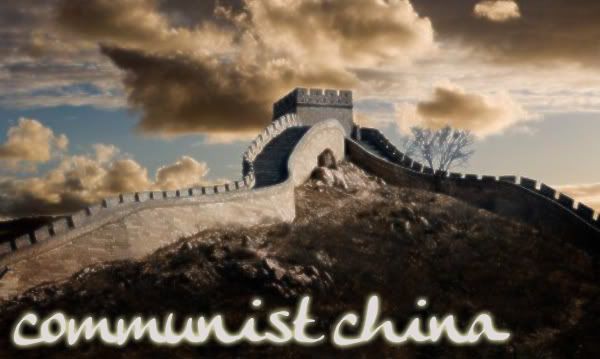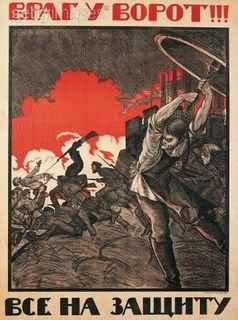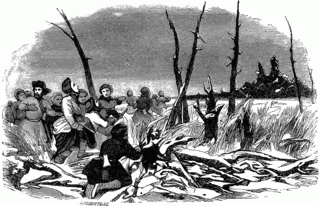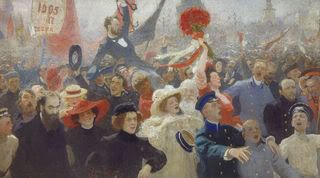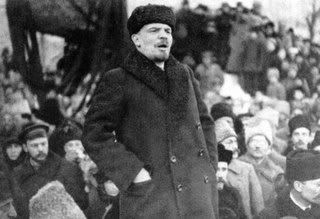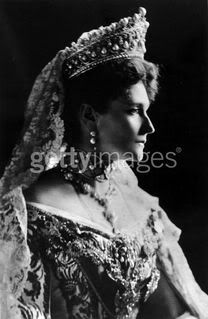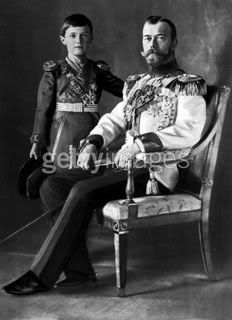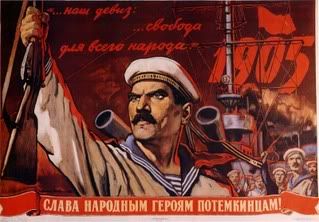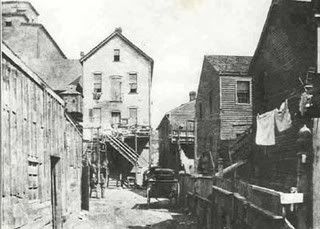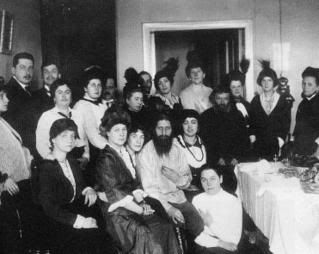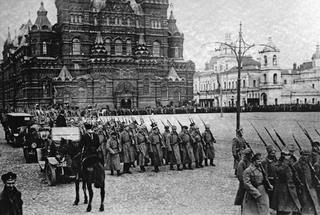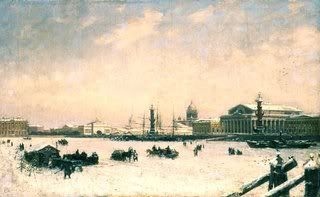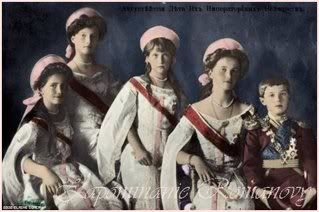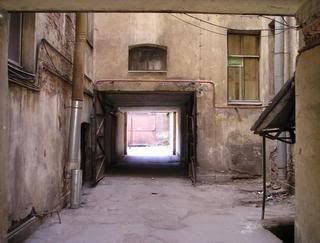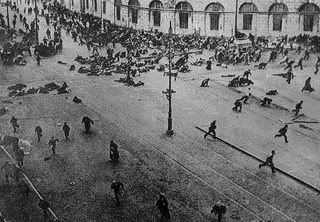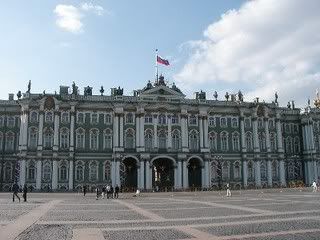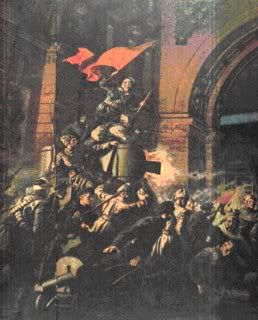
At the beginning of 1917, Russia was growing rapidly and the population was heavily diversified, consisting of many different cultures, religions and languages. A large percentage of the population consisted of peasants, with the nobility and clergy making up only 1-2% of the total, and an almost complete absence of a middle class. Non-russians were made to adopt Russian customs and speak Russian ('Russification'), and it was only the Russians who got the important jobs in the government, despite almost 50% of the population being non-Russian.
Lifestyle
Peasants - Practised backward forms of farming like subsistence farming with few tools. There was not enough land to go around and most suffered heavily from debt problems. Many years ago, they were once serfs owned by the nobility, and after emancipation, they had been given plots of land by the nobility and then forced to pay for them. Most could not afford it and sank further into debt, resulting in a lot of discontentment, as the farmers felt that the land truly belonged to those who worked it.
Urban workers - Received basic education and most were literate and receptive to revolutionary ideas. They had extremely low wages and working conditions were poor, with many deaths resulting from accidents and work-related health problems. Living conditions were appalling and overcrowding was a huge problem.
National Minorities - Were discriminated against as the Russians were favoured for better-paying jobs. They led oppressed lives and wished for equality and an end to the policy of 'Russification' (everything in Russia had to be Russian, no different languages/cultures etc were tolerated).
Economic Situation

Failing agriculture industry
Russia was an autocracy, with the monarchy having absolute power and the tsars were thought to be appointed by God Himself. There was an imperial council that was responsible to the tsar alone, and there was no parliament. It was a rigid and oppressive hierachy marked by its severe inefficiency due to its inflexibility. Corruption was rampant, and the council was practically impenetrable to the ordinary folks (council was mostly made up of noblemen), who found that their interests were not being served fairly. Opposition was not tolerated and the government had a secret police network which was used to sort out rebels. Political critics who spoke out against the government were sent to exile or imprisoned.
Religious Structure
The Russian Orthodox Church had developed its own traditions and customs, and placed special emphasis on mysticism. Holy men were held in high regard, of which included Grigory Rasputin, a man who would later change the fate of Russia. It also supported the tsar's divine right to rule over Russia absolutely. The Church was highly revered and religion played an important role in people's lives, especially the poor, who received little or no education. The Church was their only link to literature (albeit religious ones) and taught them how to think, how to live and how to treat others. It was the peasantss only link with God, their true saviour and protector in the harsh, impoverished world that they lived in.

The Monarchy
The monarchy was absurdly rich while the rest of Russia declined into impoverishment, and owned several spectacular palaces scattered all over the country. They threw banquets every other day and lived in the lap of luxury, which angered many of those suffering from poverty. The Tsar was a family man and was known for the kindness and loving care he showered over his children. Theirs was an extremely close-knit family, and the Tsar was happiest with his family and was therefore, reluctant to take the crown.

The grand Winter Palace
Tsar Nicholas II was not prepared to assume the throne after the sudden death of his father. He was uninterested in the job and indecisive, disorganized and weak. An extremely conservative man, ee was unwilling to make any move towards a constitutional monarchy (Russia had been under absolute monarchial rule since its birth) as he truly believed that he possessed the divine right to rule, and could be vicious towards any opposition of his regime.
However, the Tsar was dearly loved by many of his people, who believed the Tsar to be a demi-god and hence, truly respected and revered him. Despite their extreme poverty and dire straits, the peasants were still willing to forgive him for his mistakes (as long as he corrected them) as they were convinced that the Tsar had been given the divine right to rule by God Himself.
The Revolutionaries
Karl Marx's idea of Communism appealed to many people, especially the discontented. Taking advantage of the growing poverty and discontentment of the people, a new revolutionary party called the Social Democrats was formed on the basis of Communism and claimed that they would give the peasants, the urban workers, the middle class and the minorities the equality and political power that they deserved. The refreshing idea of Communism was first introduced to the people, and provided great contrast to the bleak poverty and oppression that the absolute monarchy constituted.
And so, this was the backdrop to which the seeds of the revolution were planted into.
